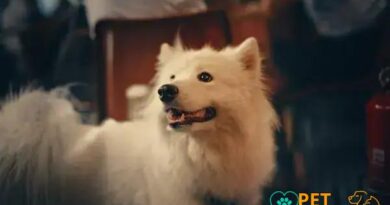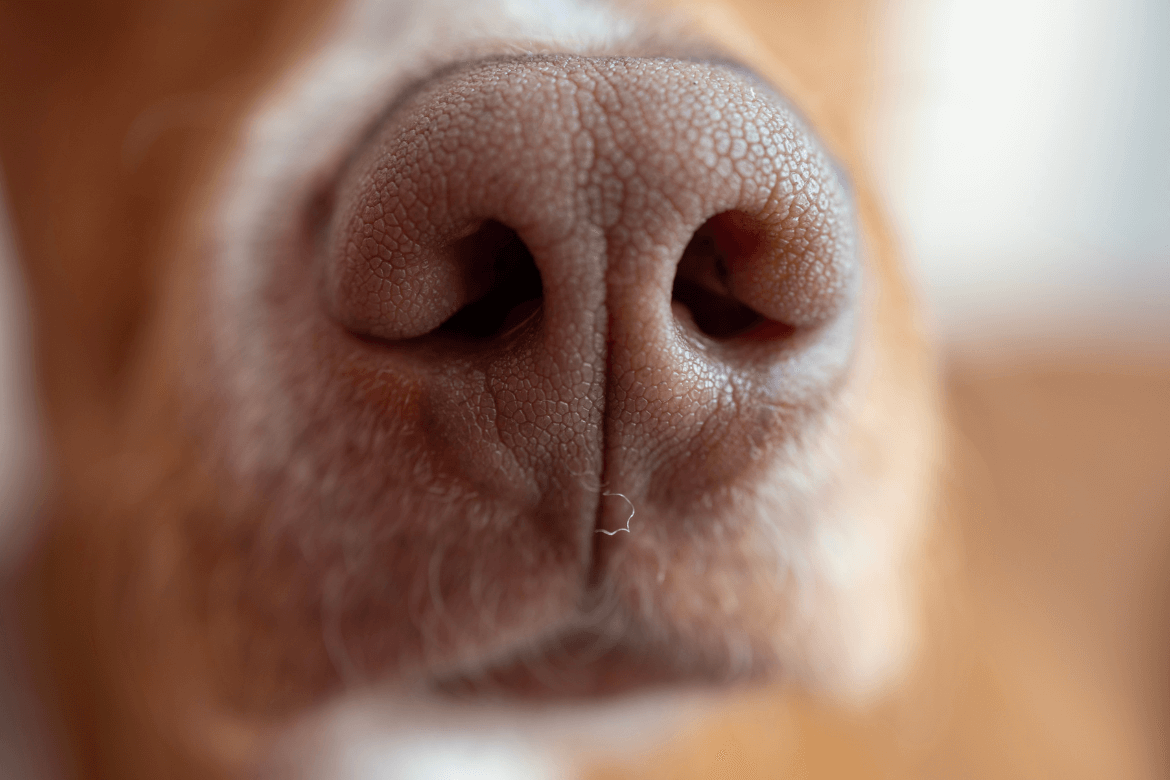What is Ressocialização
What is Ressocialização?
Ressocialização refers to the process of reintegrating an individual into society after a period of isolation or behavioral issues. In the context of dogs, this term encompasses the methods and practices used to help dogs that have experienced trauma, neglect, or behavioral problems to adapt and thrive in a social environment. Understanding the nuances of ressocialização is crucial for dog owners and trainers who aim to improve the quality of life for these animals.
The Importance of Ressocialização for Dogs
Ressocialização plays a vital role in the well-being of dogs that have faced adverse experiences. Dogs that have been abandoned, abused, or inadequately socialized often exhibit fear, anxiety, or aggression towards humans and other animals. By implementing effective ressocialização techniques, owners can help these dogs overcome their past traumas, leading to healthier relationships and a more fulfilling life.
Common Challenges in the Ressocialização Process
One of the primary challenges in the ressocialização of dogs is addressing their fear responses. Many dogs may react defensively when confronted with new situations or unfamiliar people. This fear can manifest as barking, growling, or even biting. Understanding these behaviors is essential for trainers and owners to create a safe and supportive environment that encourages positive interactions.
Techniques for Effective Ressocialização
There are several techniques that can be employed during the ressocialização process. Positive reinforcement is one of the most effective methods, where desirable behaviors are rewarded with treats, praise, or playtime. This approach helps dogs associate new experiences with positive outcomes, gradually building their confidence and trust in humans and their surroundings.
The Role of Professional Trainers in Ressocialização
Professional dog trainers often play a crucial role in the ressocialização journey. These experts possess the knowledge and experience necessary to assess a dog’s behavior and develop tailored training plans. They can provide guidance on how to implement effective techniques and ensure that the process is conducted safely and compassionately.
Socialization Activities for Dogs
Engaging dogs in socialization activities is an integral part of the ressocialização process. Activities such as group training classes, supervised playdates with other dogs, and exposure to various environments can significantly enhance a dog’s social skills. These experiences help dogs learn how to interact appropriately with both humans and other animals, reducing anxiety and fear.
Monitoring Progress in Ressocialização
Monitoring a dog’s progress during the ressocialização process is essential to ensure that the techniques being used are effective. Owners should keep track of changes in behavior, noting improvements in social interactions and overall demeanor. Regular assessments can help identify any setbacks and allow for adjustments in training methods as needed.
Long-Term Commitment to Ressocialização
Ressocialização is not a quick fix; it requires a long-term commitment from dog owners. Consistency in training, patience, and understanding are key components in helping a dog successfully reintegrate into society. Owners must be prepared to invest time and effort into their dog’s development, recognizing that progress may be gradual and non-linear.
Resources for Dog Owners on Ressocialização
There are numerous resources available for dog owners seeking to understand and implement effective ressocialização techniques. Books, online courses, and local training classes can provide valuable insights and support. Additionally, connecting with local animal shelters or rescue organizations can offer opportunities for hands-on experience and guidance from professionals in the field.


